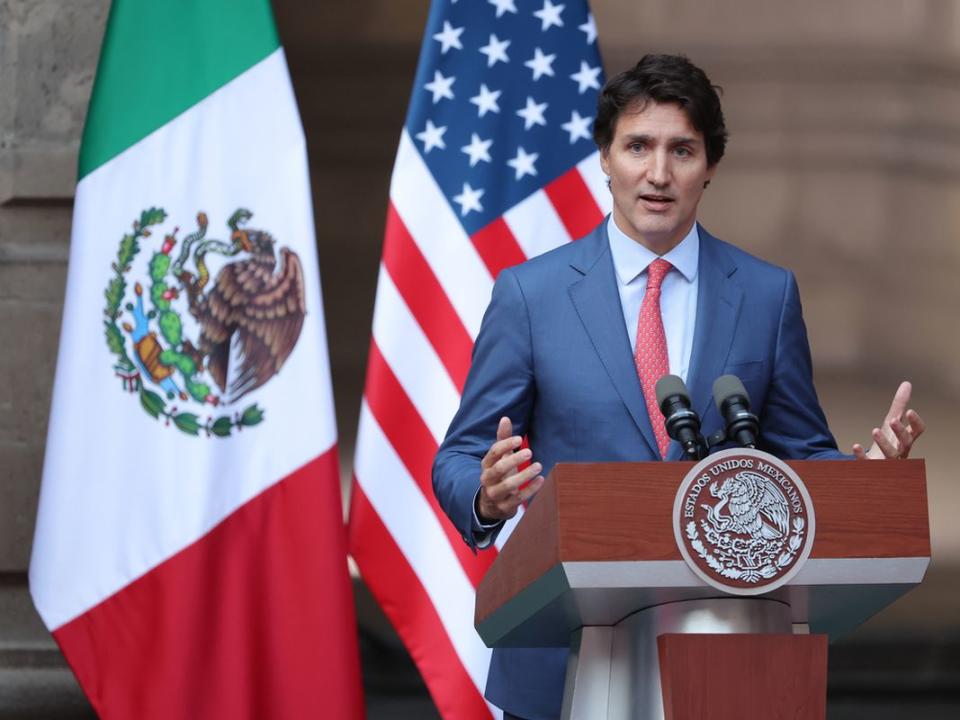Diane Francis: Trudeau sits idly by as Mexico overtakes us as America's largest trading partner

Last year, Mexico became the United States’ biggest trading partner, surpassing Canada and China for the first time. This humiliating fact is simply the latest statistic that illustrates Canada’s economic decline since Prime Minister Justin Trudeau took power in 2015.
The value of U.S. trade with Mexico in 2023 was US$798 billion (C$1.1 trillion), surging past America’s other two major trading partners. The increase will continue as offshore factories in China and elsewhere relocate to Mexico in order to cash in on the tariff-free North American free trade arrangement. “This is not cyclical, this is new,” Andrew Hupert, a trade expert who moved from China to Mexico, told Al-Jazeera.
Mexico is booming because of geopolitical trends and its trade-friendly government. In the first six months of 2023, Mexico has secured US$13 billion in investments, mostly in the auto industry, according to government figures. “The pandemic left us a very important lesson that took us from the globalization of production to the regionalization of production,” said Claudia Esteves, director general of the Mexican Association of Private Industrial Parks. “It’s practically killing globalization.”
She added that the war in Ukraine has also been a factor for some European interests that have decided to relocate manufacturing from Poland and other European countries. Naturally, Mexico has seen a “historic” rise in demand for industrial parks, according to Esteves.
By contrast, Canada is stuck with an anti-business government and a prime minister who has driven away the resource-based mega-projects that have historically built and sustained this country’s living standards. Besides not growing the economy, Trudeau has impeded growth and driven away investment by increasing taxes to pay for bloated government spending.
One of his biggest mistakes was stymieing Canada’s liquefied natural gas industry and the construction of major pipeline projects. The projects that were given the green light have seen their costs driven up by excessive red tape and litigation that has served as a warning to other investors that Canada is no longer open for business.
The Coastal GasLink Pipeline linking gas fields to an LNG export terminal in northern British Columbia has taken years to construct and is now expected to cost $14.5 billion, instead of the $6.2 billion originally estimated. Likewise, the Trans Mountain Pipeline expansion, which was rescued by Ottawa in 2018, has seen its costs increase by a factor of six, to $34 billion from an estimated $5.4 billion in 2013.
Canadians need a federal government that can grow the economy, create opportunities and capitalize on the country’s resource, auto, tech and mining strengths. This is what governments are supposed to do, and it’s what the other “two amigos” of North America are doing. Instead, the Trudeau government’s economic indifference, overspending and virtue-signalling has mostly increased the export of jobs and investments to other countries.

 Yahoo Finance
Yahoo Finance 